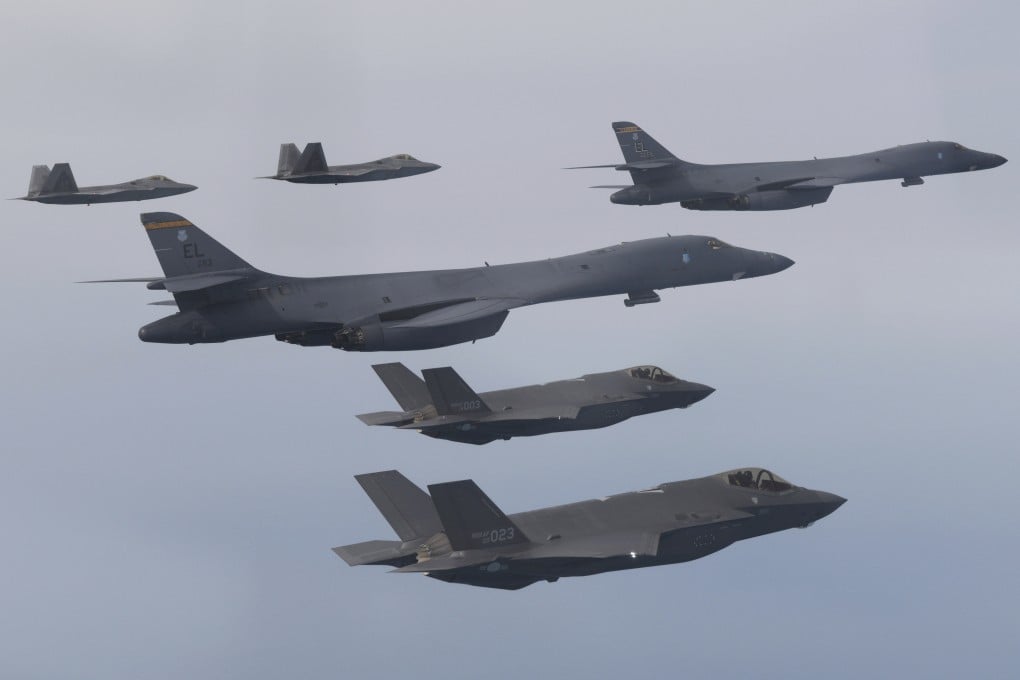Advertisement
Opinion | South Korea must reach for diplomacy, not nuclear arms, to defuse tensions with the North
- Yoon government’s hawkish stance is raising inter-Korea tensions as more South Koreans grow in favour of nuclear arms
- But this could lead to arms proliferation in the region and growing risk of conflict – when a return to diplomacy is needed instead
Reading Time:3 minutes
Why you can trust SCMP
4

Earlier this week, Nato Secretary General Jens Stoltenberg visited South Korea to discuss common security challenges, including the North Korean issue. The meeting was condemned by the North, which has vowed a strong response to Seoul’s increasingly hardline policies.
During the meeting, South Korean President Yoon Suk-yeol asked Stoltenberg and the transatlantic security alliance to play more “active roles” to deter North Korea’s “reckless provocations”. The Nato chief invited Yoon to attend the Nato summit in Lithuania scheduled for July, which the president said he would consider.
Past South Korean presidents have tried to maintain a more balanced diplomacy between China and the United States while focusing more on a diplomatic strategy than a military one regarding North Korea. But the Yoon administration is increasingly adopting a hardline stance. Seoul has chosen not only to respond militarily to North Korea’s provocations but also to openly align itself with Washington and Tokyo.
This latest meeting underscored the Yoon government’s hawkish approach towards North Korea.
But so far, Yoon’s strategy has not been conducive to reducing tensions on the Korean peninsula. Since last September, South Korea has reacted militarily to the North’s provocations. The result is that in December, the two Koreas went as far as violating the armistice established after the Korean war by sending drones into each other’s airspace.
In response to Stoltenberg’s Seoul visit, North Korean media published an article on Monday slamming Nato’s “sinister intention” in Asia and warned that South Korea and Japan were moving closer to an “extreme security crisis” by increasing their cooperation with Nato.
Advertisement
